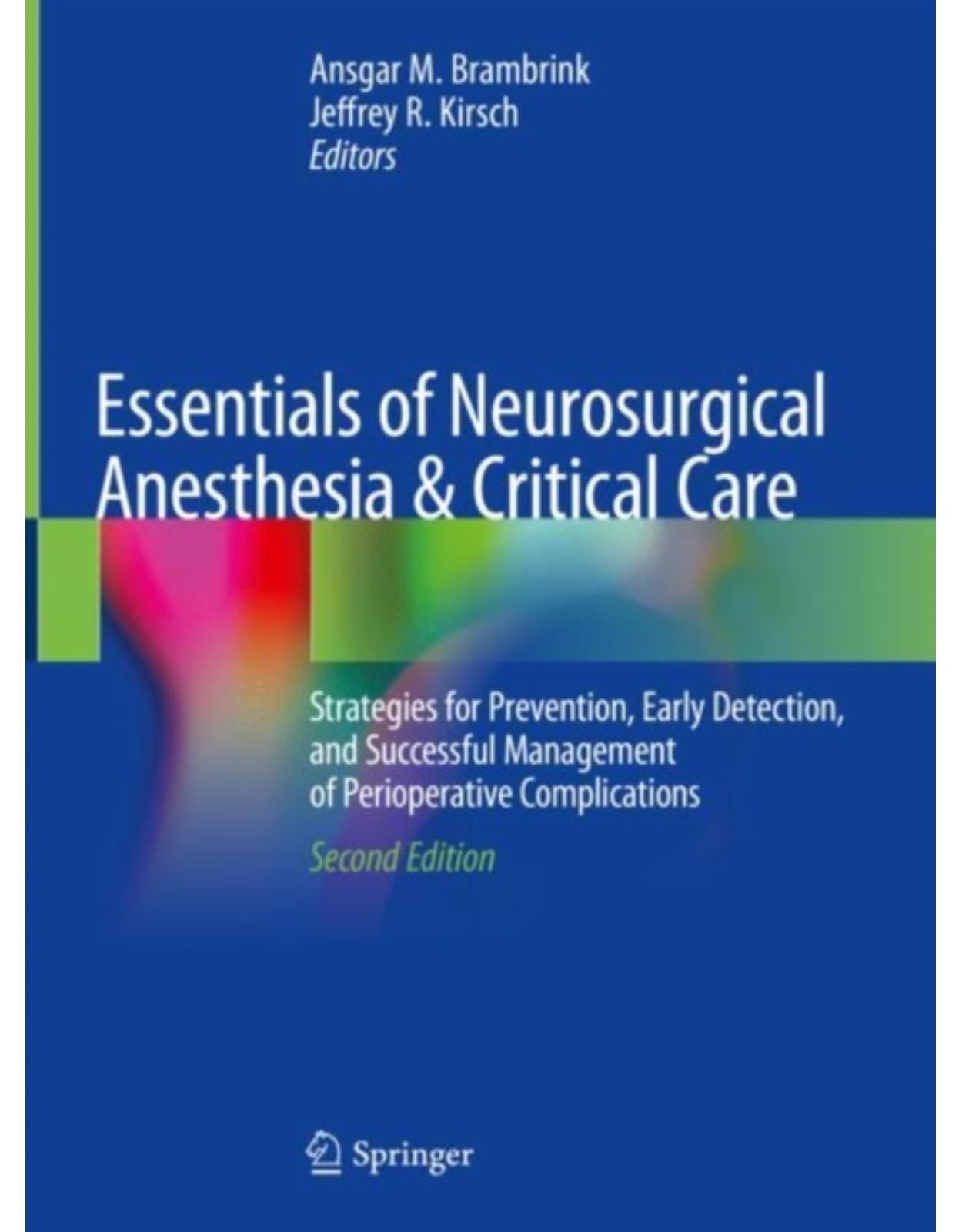
Essentials of Neurosurgical Anesthesia & Critical Care
Livrare gratis la comenzi peste 500 RON. Pentru celelalte comenzi livrarea este 20 RON.
Description:
This comprehensive, evidence-based book is intended to serve as a reference for medical practitioners involved in the perioperative care of neurosurgical patients. Fundamental aspects of neuroanesthesiology and neurocritical care are thoroughly examined across 101 chapters, outlining key elements that are crucial to a care provider’s knowledge of the practice. These elements include specific diagnostic procedures and treatment options, concepts and applicable details of the available neurosurgical interventions and techniques, and mechanisms necessary to provide top of the line care for patients. Each chapter features definitive and distinct areas of this multi-specialty discipline, and is designed to guide the reader from problem to solution in situations that can arise in the clinical setting. Essentials of Neurosurgical Anesthesia & Critical Care, 2nd edition is a problem-oriented approach textbook that will aid a wide variety of readers in handling day-to-day issues and developments relevant to the perioperative care of neurosurgical patients.
Table of Contents:
Part I. Basics of Neuroanesthesia Care
1. The Adult Central Nervous System: Anatomy and Physiology
2. Neuroendocrine Physiology: Fundamentals and Common Syndromes
3. Cerebral Edema: Pathophysiology and Principles of Management
4. Management of Fluids, Electrolytes, and Blood Products in Neurosurgical Patients
5. Key Monitoring in Neuroanesthesia: Principles, Techniques, and Indications
6. Assessing the Anesthetized State with the Electroencephalogram
Part II. Preoperative Concerns of the Neuroanesthesiologist
7. Cardiovascular Risk and Instability: Evaluation, Management, and Triage
8. Risk Assessment and Treatment of Critical Carotid Stenosis: Suggestions for Perioperative Management
9. Aneurysmal Subarachnoid Hemorrhage: Risk Assessment and Perioperative Complications
10. Traumatic Brain Injury: Risk Assessment and Perioperative Management
11. Rare Neurologic Disorders and Neuromuscular Diseases: Risk Assessment and Perioperative Management
12. Perioperative Pharmacotherapy in Neurosurgery: Risk Assessment and Planning
13. Specific Considerations Regarding Consent and Communication with Patients and Family Prior to Neurosurgery
14. Neurotoxicity of General Anesthetics
15. Postoperative Neurocognitive Disorders in the Geriatric Patient
16. The Chronic Pain Patient Scheduled for Neurosurgery
17. Anesthesia for Patients Scheduled for Intraoperative Electrophysiological Monitoring
18. Factors Influencing Outcome in Neurosurgical Anesthesia
19. A Comparison of Inhaled Anesthesia and Total Intravenous Anesthesia with Target-Controlled Infusion for Neuroanesthesia
Part III. Fundamentals of Adult Neurosurgery/Neuroanesthesia
20. Preparing for Anesthesia in Neurosurgical Patients
21. Basics of Neurosurgical Techniques and Procedures
22. Positioning the Patient for Neurosurgical Operations
23. The Intraoperative Team: Getting the Most Out of Collaborative Care in the Operating Room
24. Next Level Communication
Part IV. Critical Situations During Anesthesia for Brain Surgery in Adults
25. The “Tight Brain”: Cerebral Herniation Syndrome
26. Cerebral Ischemia: Options for Perioperative Neuroprotection
27. Massive Hemorrhage During Craniotomy: Emergency Management
28. Challenges During Anaesthesia for Awake Craniotomy
29. Perioperative Challenges During Stereotactic Neurosurgery and Deep Brain Stimulator Placement
30. Perioperative Challenges During Posterior Fossa Surgery
31. Perioperative Challenges During Surgical Evacuation of Subdural and Epidural Hematomas
32. Perioperative Challenges During Cerebrovascular Surgery
33. Perioperative Challenges During Pituitary Surgery
34. Perioperative Challenges During Craniotomy for Space-Occupying Brain Lesions
Part V. Critical Situations During Anesthesia for Spinal Surgery in Adults
35. Perioperative Challenges in Patients with Unstable Spine
36. Airway Crisis Associated with Cervical Spine Surgery
37. Spinal Cord Injury During Spinal Surgery
38. Blood Loss During Spine Surgery
39. Coagulopathy in Spinal Surgery
40. Postoperative Visual Loss Following Spinal Surgery
Part VI. Critical Situations During Anesthesia for Other Procedures in Adult Neurosurgery
41. Perioperative Challenges During Diagnostic and Perioperative Magnetic Resonance Imaging (MRI)
42. Perioperative Challenges During Electro Convulsive Therapy (ECT)
43. Perioperative Challenges During Carotid Artery Revascularization
Part VII. Specific Perioperative Concerns in Adult Neuroanesthesia
44. Venous Air Embolism During Neurosurgery
45. Arterial Hypotension and Hypertension
46. Hyperthermia and Hypothermia During Neurosurgical Procedures
47. Challenges Associated with Perioperative Monitoring During Neurosurgery
48. Unintended Wake-Up During Neurosurgery
49. Cardiac Arrest/Code
50. Arousal from Anesthesia: Failure to Emerge
51. Communication Challenges During the Perioperative Period
Part VIII. Fundamentals of Pediatric Neurosurgery and Neuroanesthesia
52. Anatomy and Physiology of the Central Nervous System in Children
53. Pediatric Anesthetic Care Requirements
54. The Pediatric Airway in Neurosurgery
55. Specific Aspects of Positioning, Fluids, Glucose Control, and Temperature Management
Part IX. Critical Situations During Anesthesia for Pediatric Neurosurgery
56. Challenges During Surgery for Hydrocephalus
57. Challenges During Surgery for Traumatic Brain Injury in Children and Adults
58. Challenges During Surgery for Myelomeningocele and Encephalocele
59. Challenges During Cranial Decompression
60. Challenges During Surgery for Craniosynostosis and Craniofacial Surgery
61. Challenges During Tumor Surgery in Children and Infants
62. Challenges During Surgery for Vascular Anomalies in Pediatrics
63. Challenges During Epilepsy Surgery in Pediatric Patients
64. Challenges During Pediatric Endoscopic Neurosurgery
65. Challenges During Diagnostic and Perioperative Imaging in Children with Brain Pathology
Part X. Postoperative Concerns in Pediatric Neuroanesthesia
66. Emergence from Anesthesia Following Pediatric Neurosurgery
67. Postanesthesia Care Unit Risks Following Pediatric Neurosurgery
68. Intensive Care Risks of Pediatric Neurosurgery
Part XI. Fundamentals of Interventional Neuroradiology
69. Radiation Safety in Interventional Neuroradiology
70. Understanding Basic Techniques and Procedures in Interventional Neuroradiology
71. Basics of Image Interpretation in Interventional Neuroradiology
Part XII. Specific Concerns Regarding Anesthesia for Interventional Neuroradiology
72. Procedural Challenges in Interventional Neuroradiology
73. Anesthesiological Challenges During Neuroradiological Interventions
74. Specific Challenges During Neuroradiologic Interventions in Pediatric Patients
Part XIII. Challenges During Postoperative Anesthesia Care After Neurosurgery
75. Surgical Emergencies After Neurosurgery
76. Postoperative Respiratory Complications
77. Neurologic Emergencies After Neurosurgery
78. Hemodynamic Complications After Neurosurgery
79. Endocrinologic Emergencies After Neurosurgery
80. Postoperative Paralysis, Skin Lesions, and Corneal Abrasions After Neurosurgery
81. Postoperative Pain Management in Patients After Neurosurgical Operations
82. Management of Postoperative Nausea and Vomiting After Neurosurgery
83. The Intrahospital Transport of Neurosurgical Patients
Part XIV. Challenges in Neurocritical Care of Neurosurgical Patients
84. Altered Mental Status in Neurosurgical Critical Care
85. Cerebrovascular Vasospasm, Normal Perfusion Pressure Breakthrough Edema, and Posterior Reversible Encephalopathy Syndrome (PRES) in Neurosurgical Critical Care
86. Sedation, Analgesia, and Neuromuscular Blockade in Neurosurgical Critical Care
87. Airway and Pulmonary Management in Neurosurgical Critical Care
88. Myocardial and Vascular Management in Neurosurgical Critical Care
89. Nutrition and Glucose Management
90. Fluid and Electrolyte Management in Neurosurgical Critical Care
91. Temperature Management in Neurosurgical Critical Care
92. Coagulation Management in Neurosurgical Critical Care
93. Gastrointestinal Hemorrhage in Neurosurgical Critical Care
94. Intracranial Monitors in Neurosurgical Critical Care
95. Central Nervous System Infection in Neurosurgical Critical Care
96. Antiepileptic Drug Therapy in Neurosurgical Critical Care
97. Withdrawal of Mechanical Ventilation in Neurosurgical Critical Care
98. Brain Death in Neurosurgical Critical Care
99. Organ Donation
100. Interaction with Family and Friends in Neurosurgical Critical Care
Back Matter
| An aparitie | 2020 |
| Autor | Brambrink |
| Dimensiuni | 210 x 279 mm |
| Editura | Springer |
| Format | Hardcover |
| ISBN | 9783030174088 |
| Limba | Engleza |
| Nr pag | 680 |

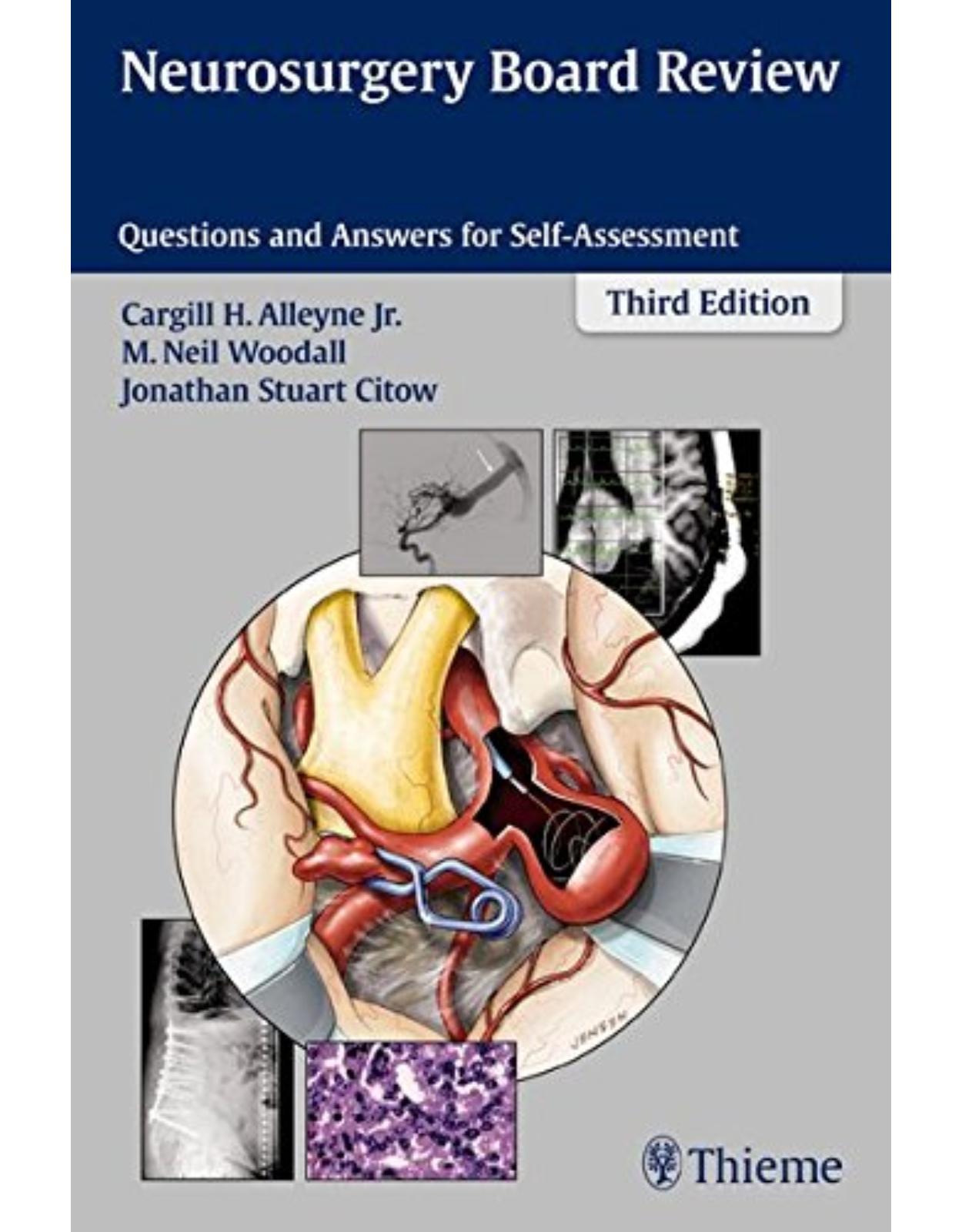
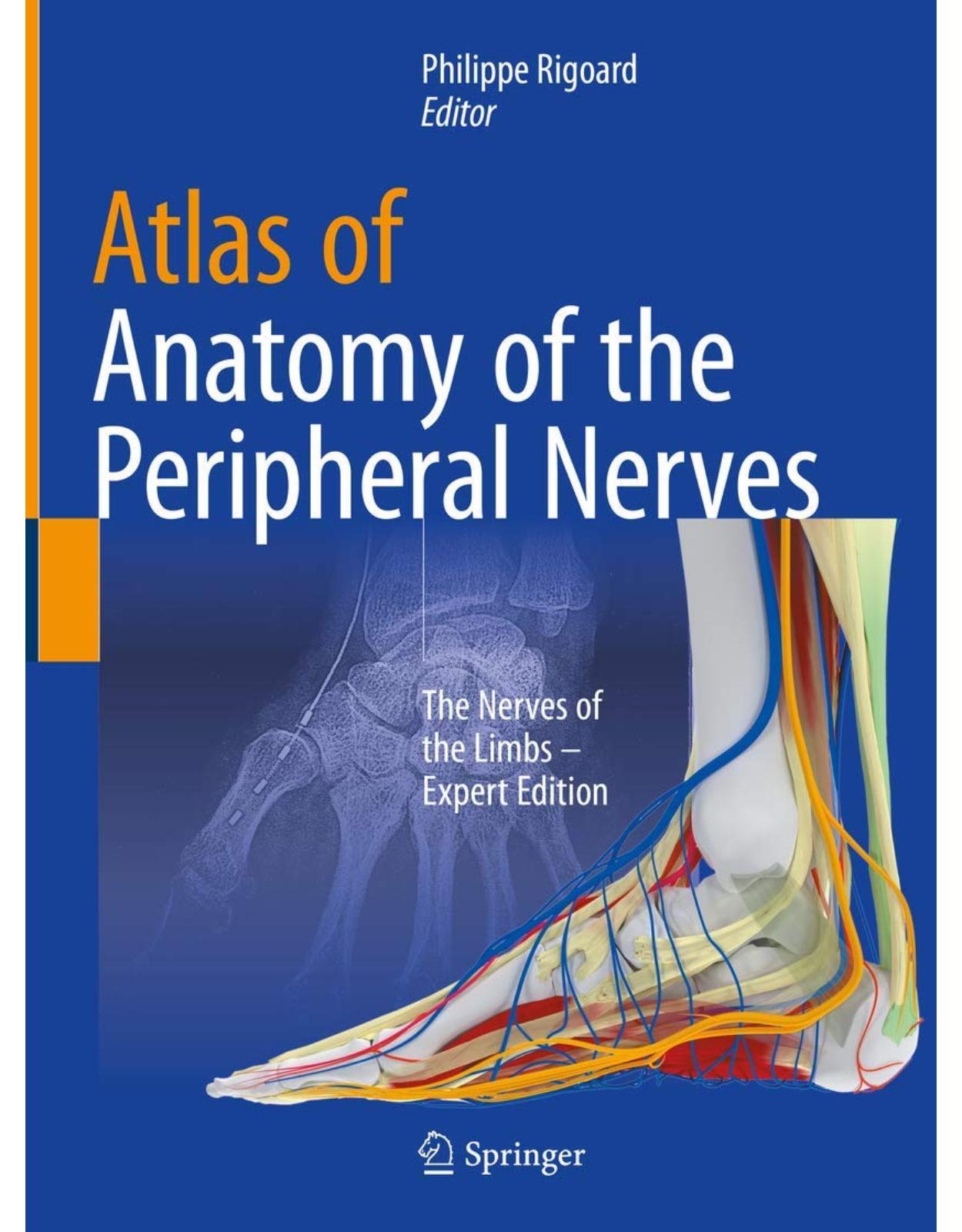
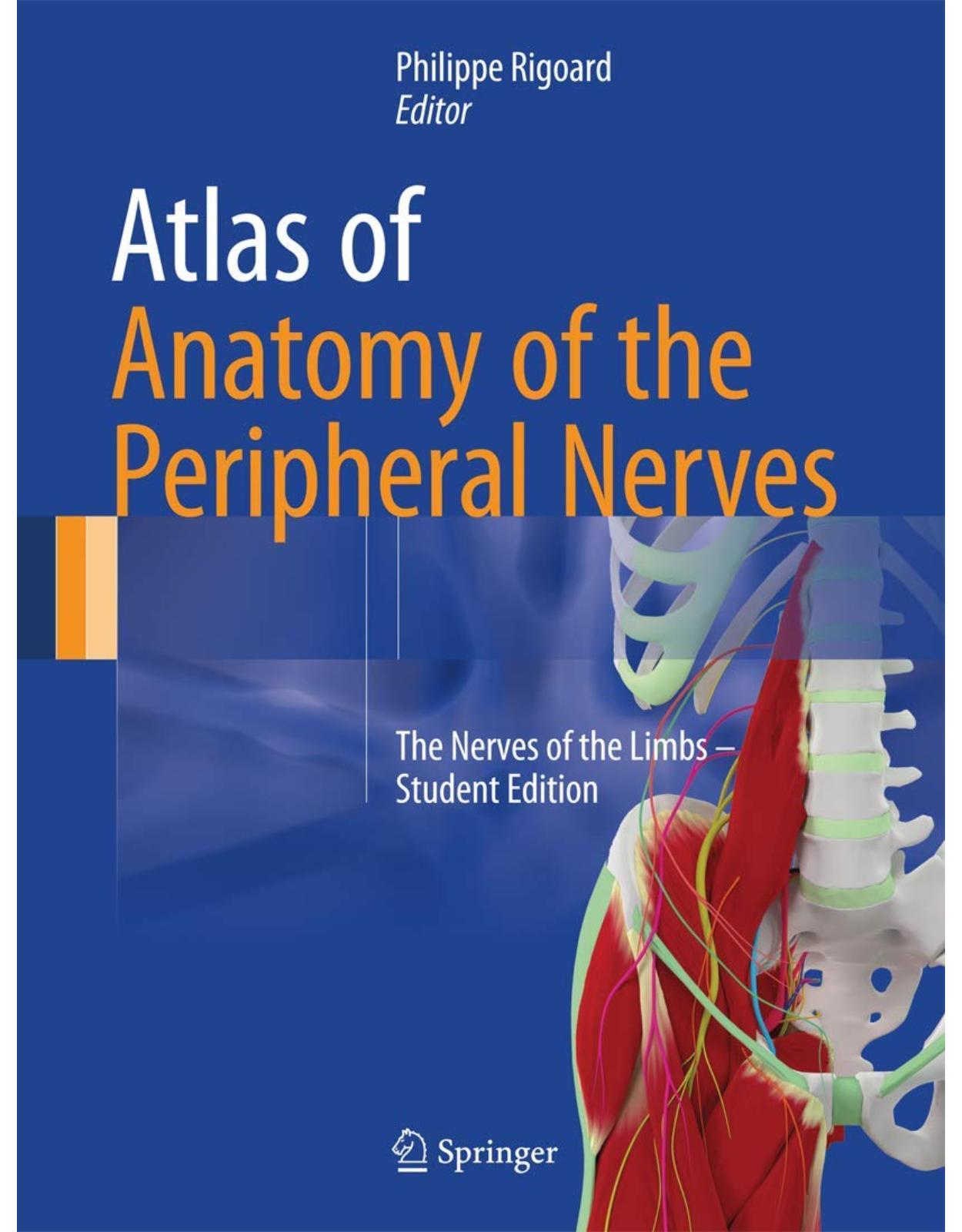
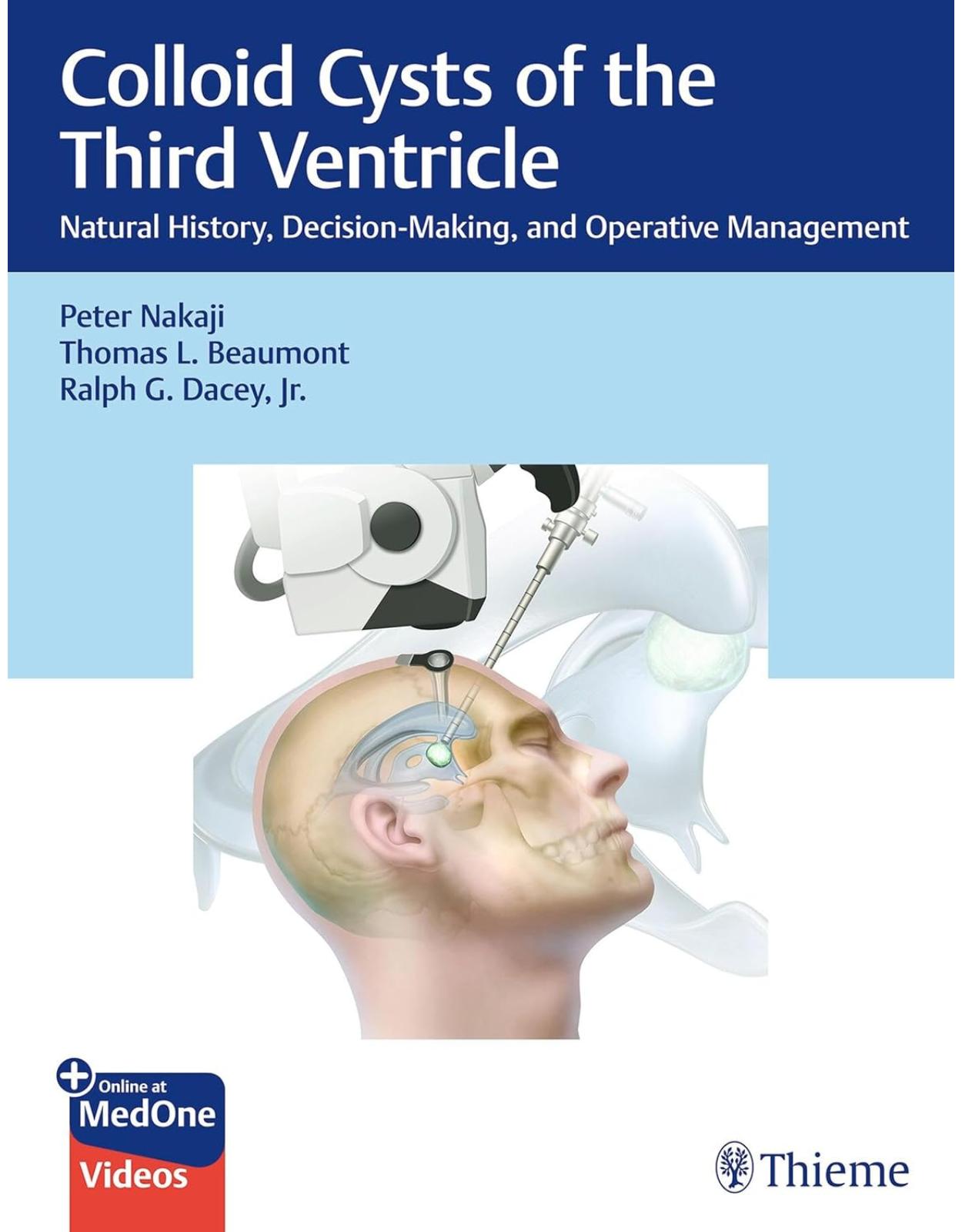
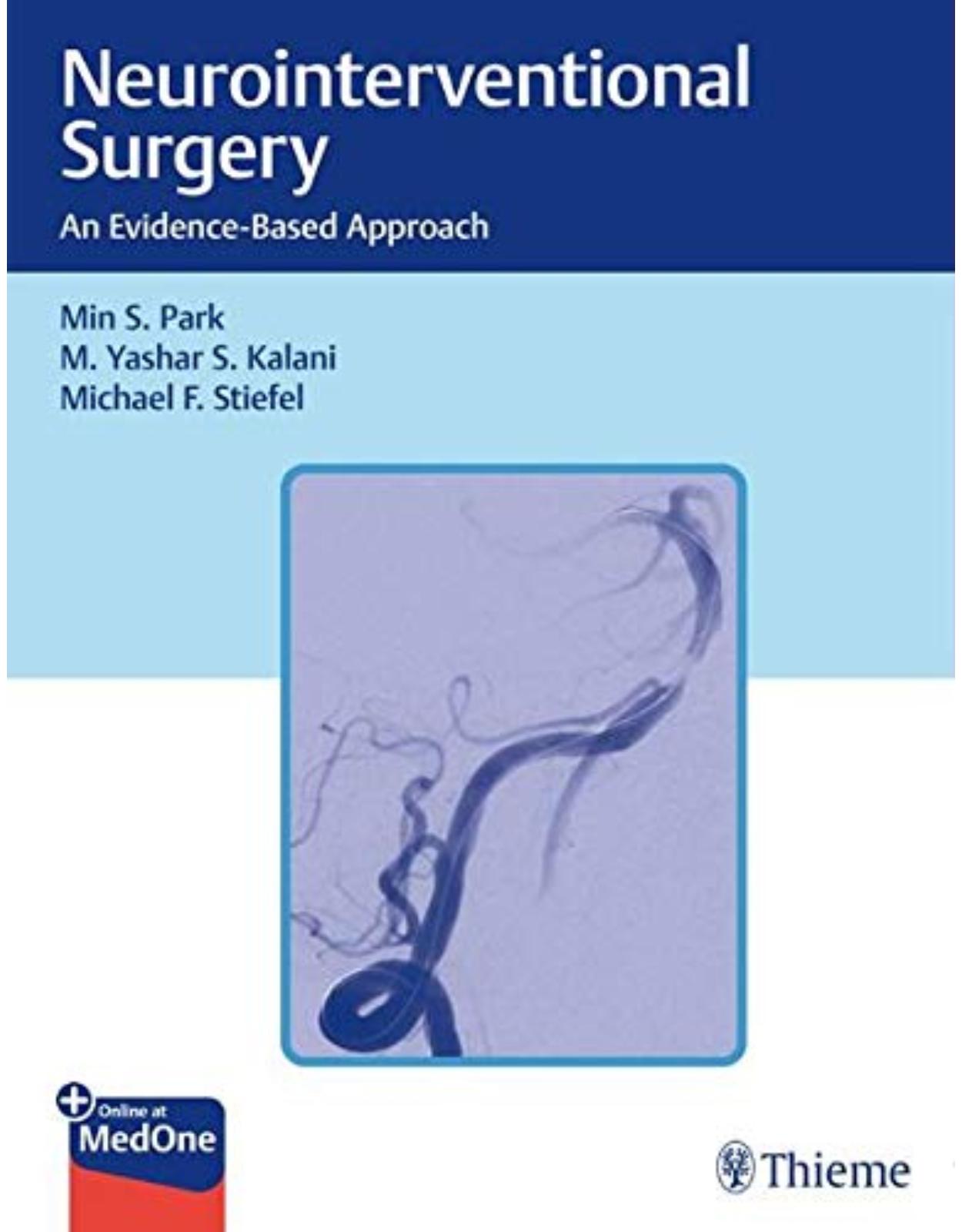
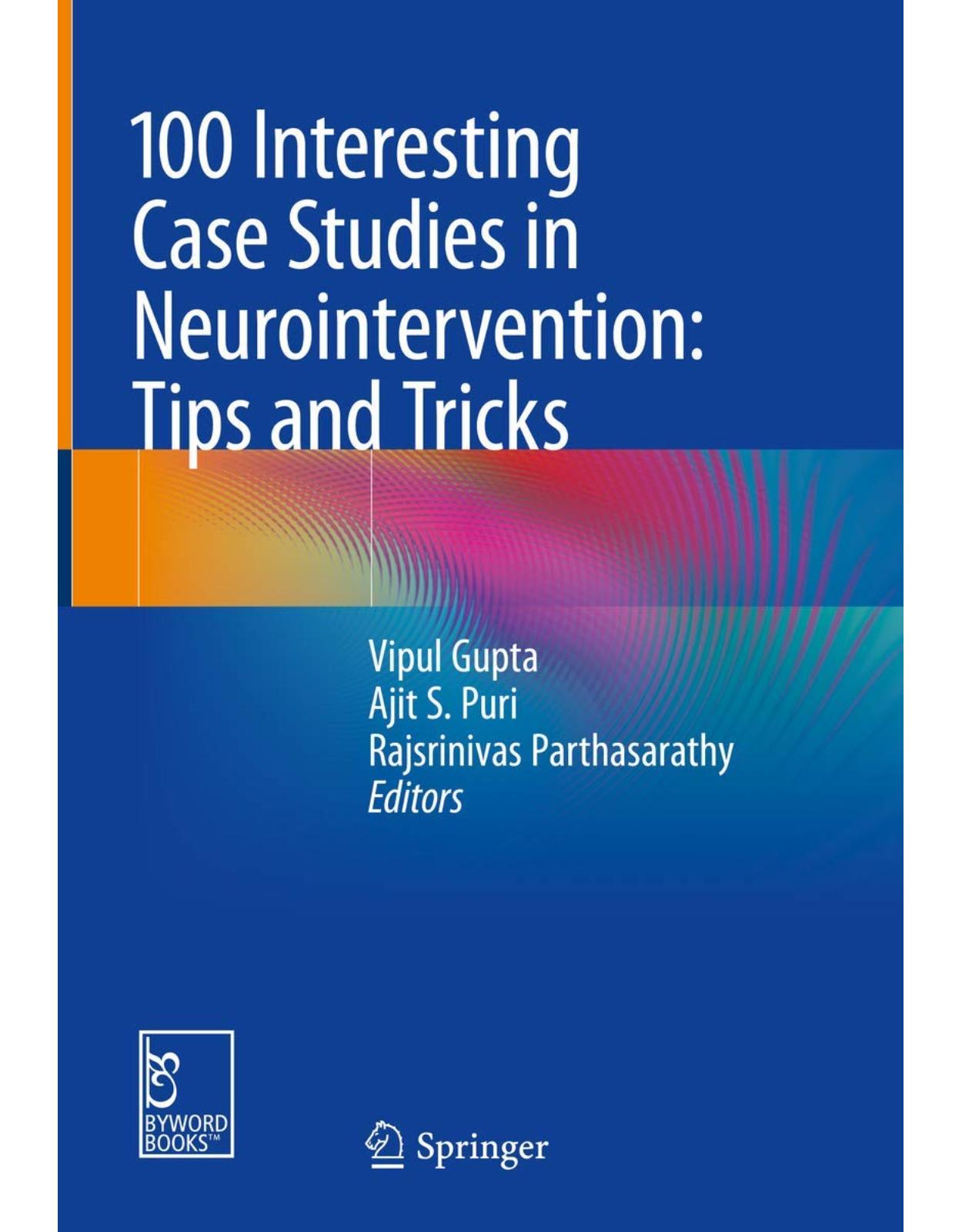
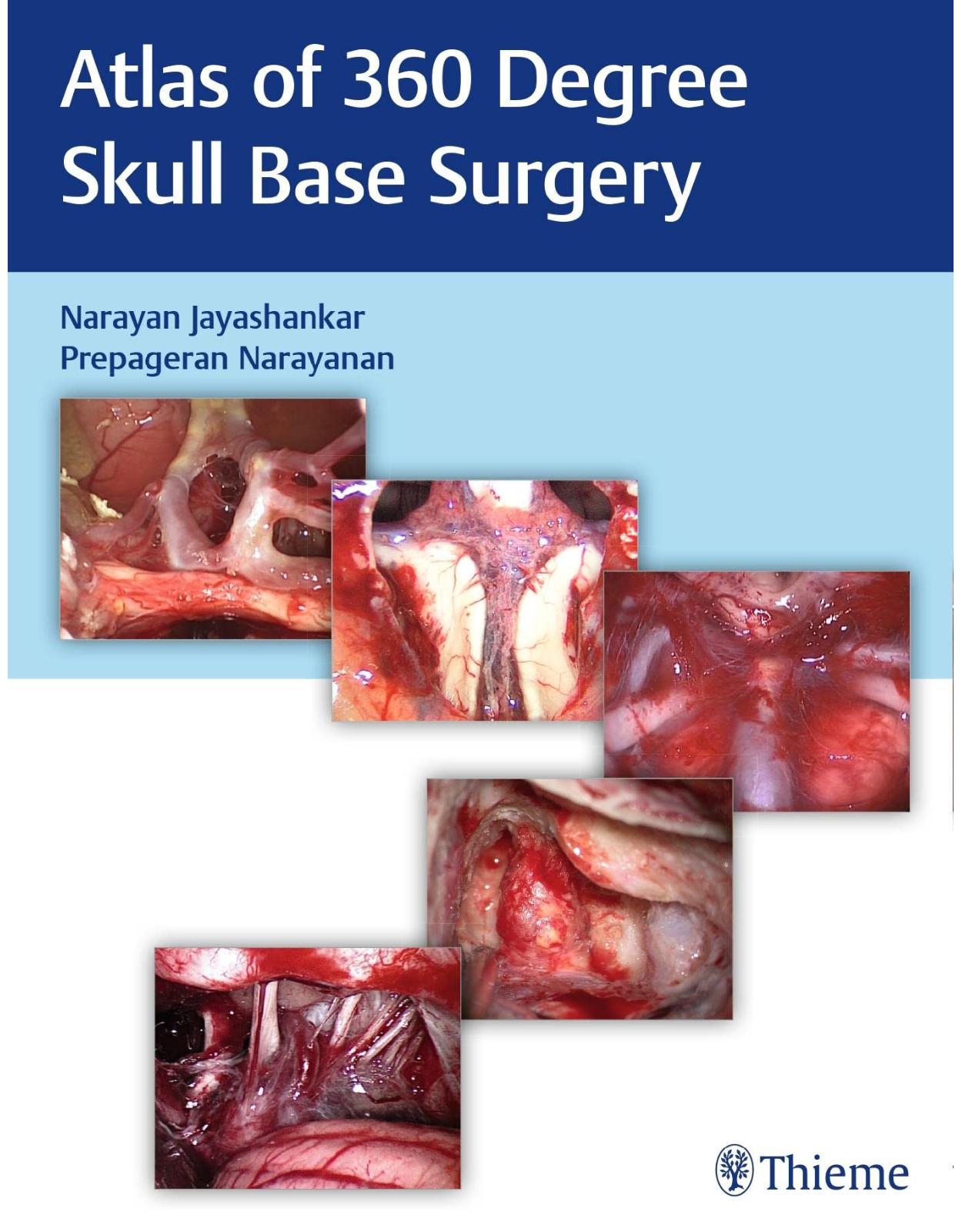
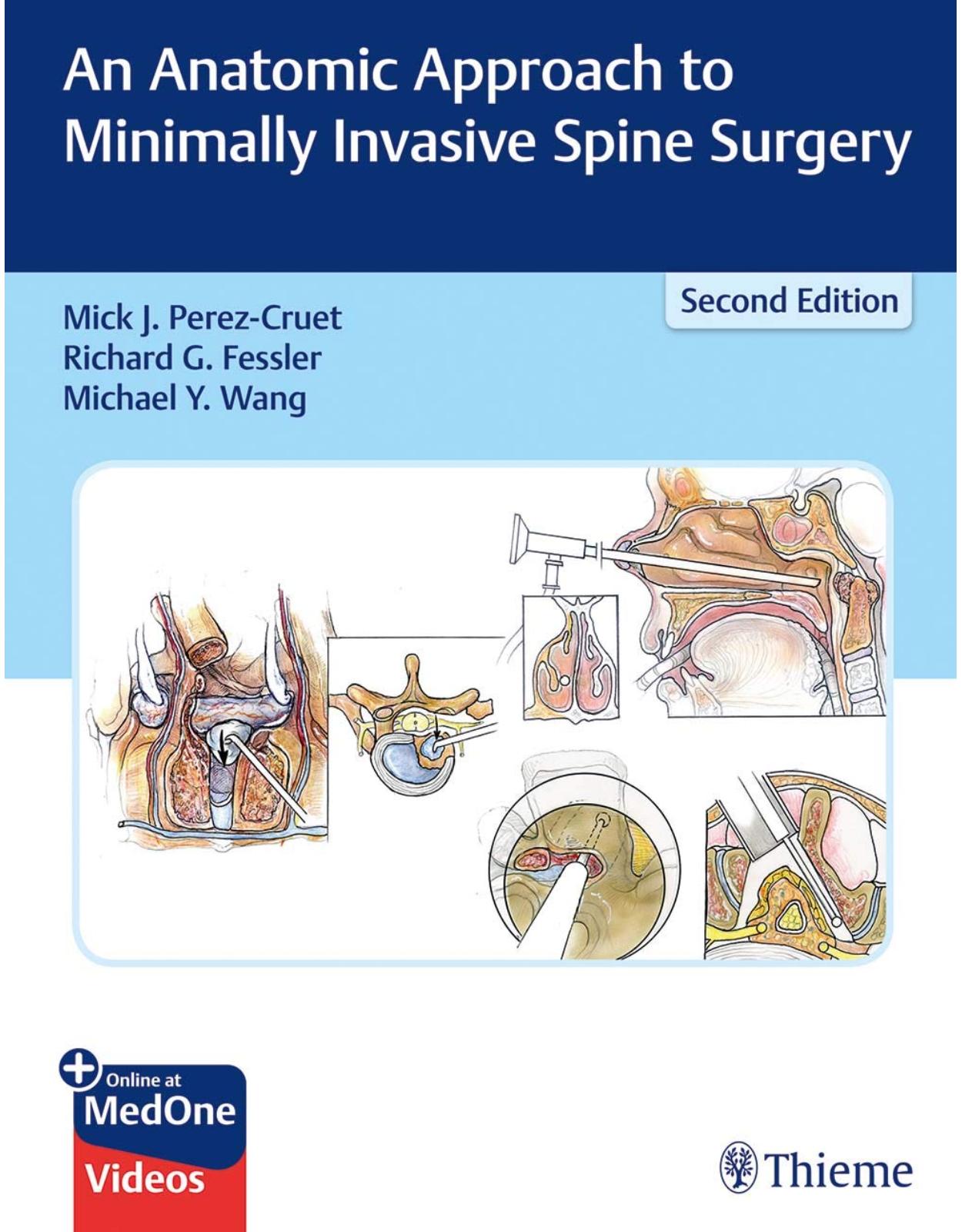
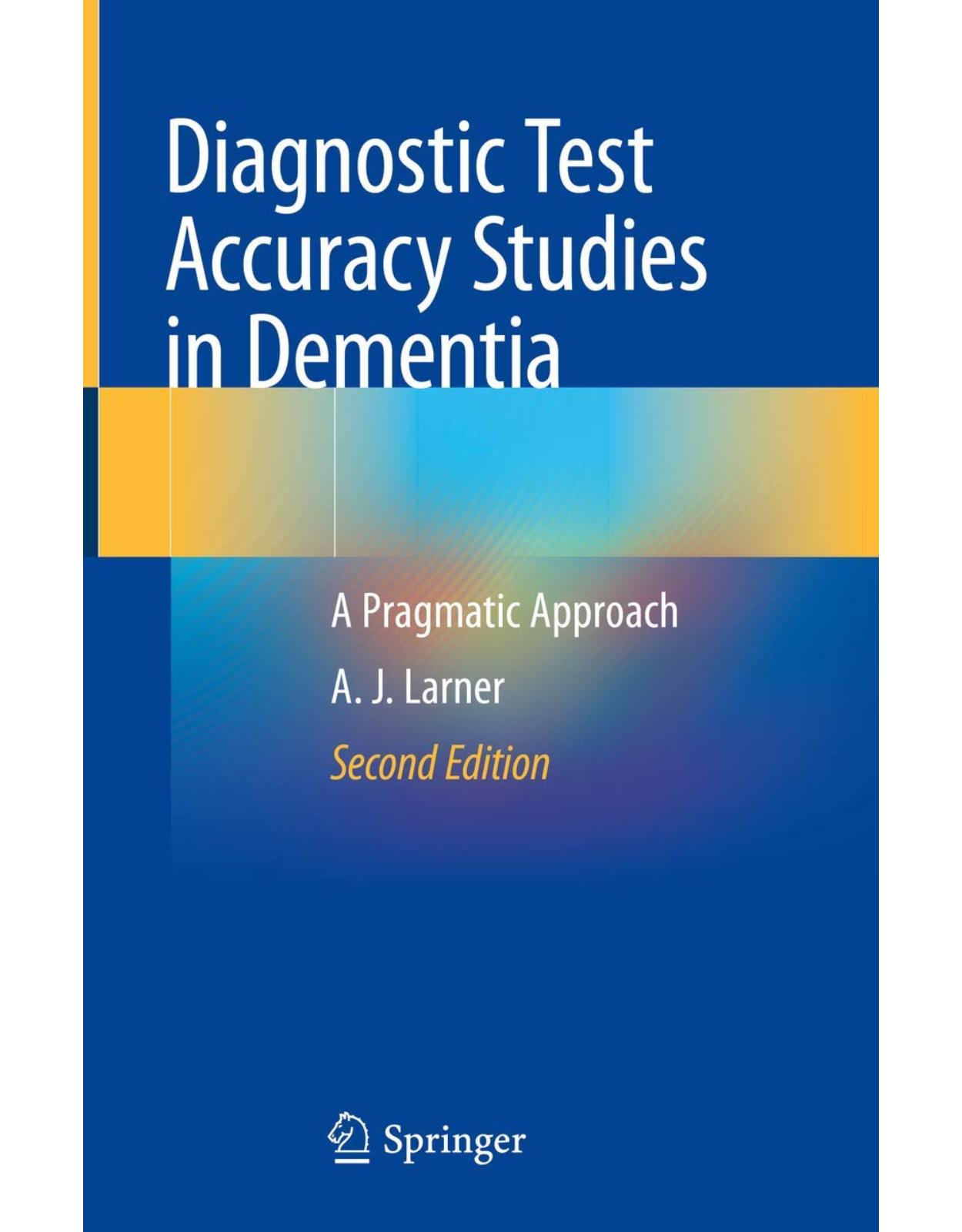
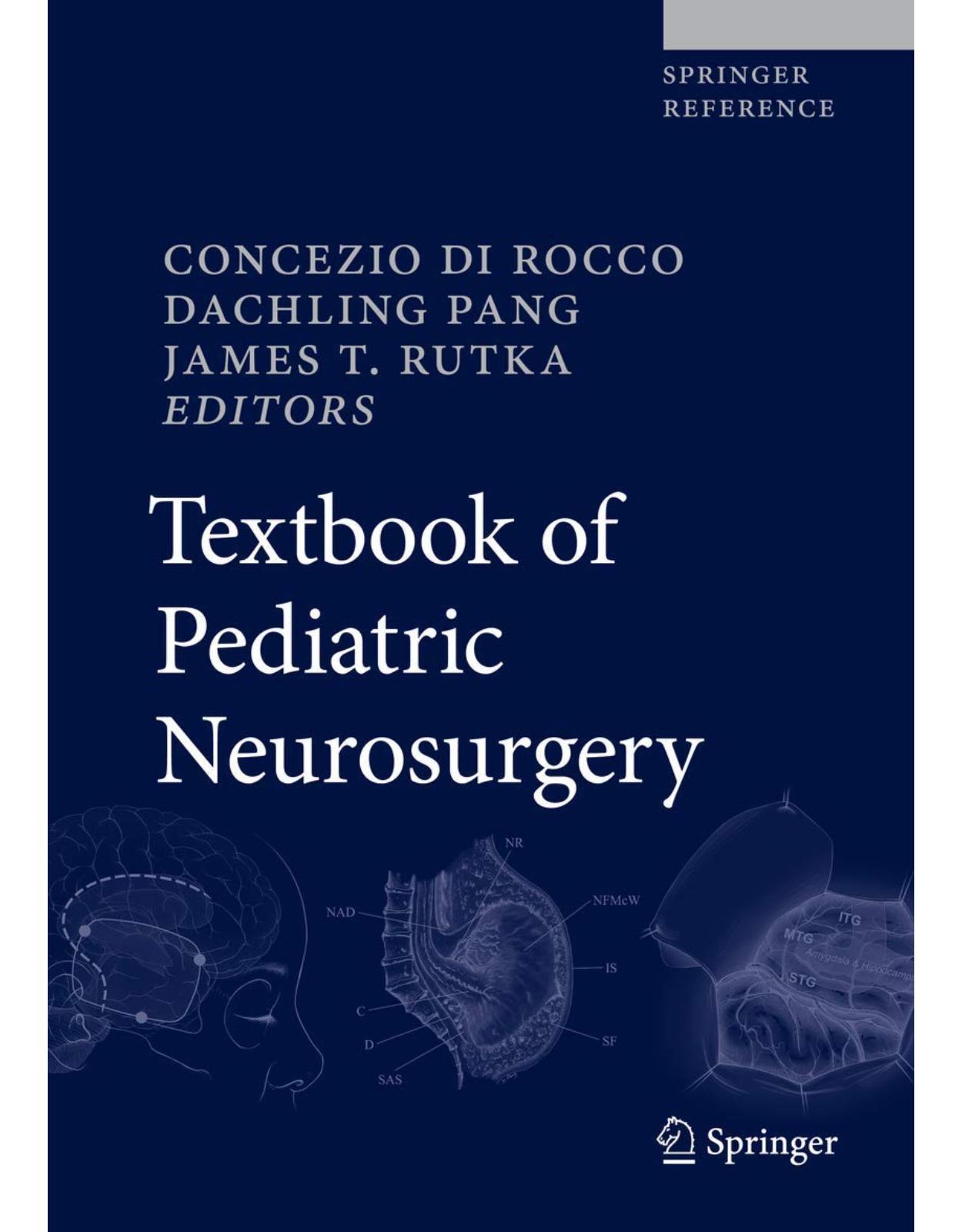
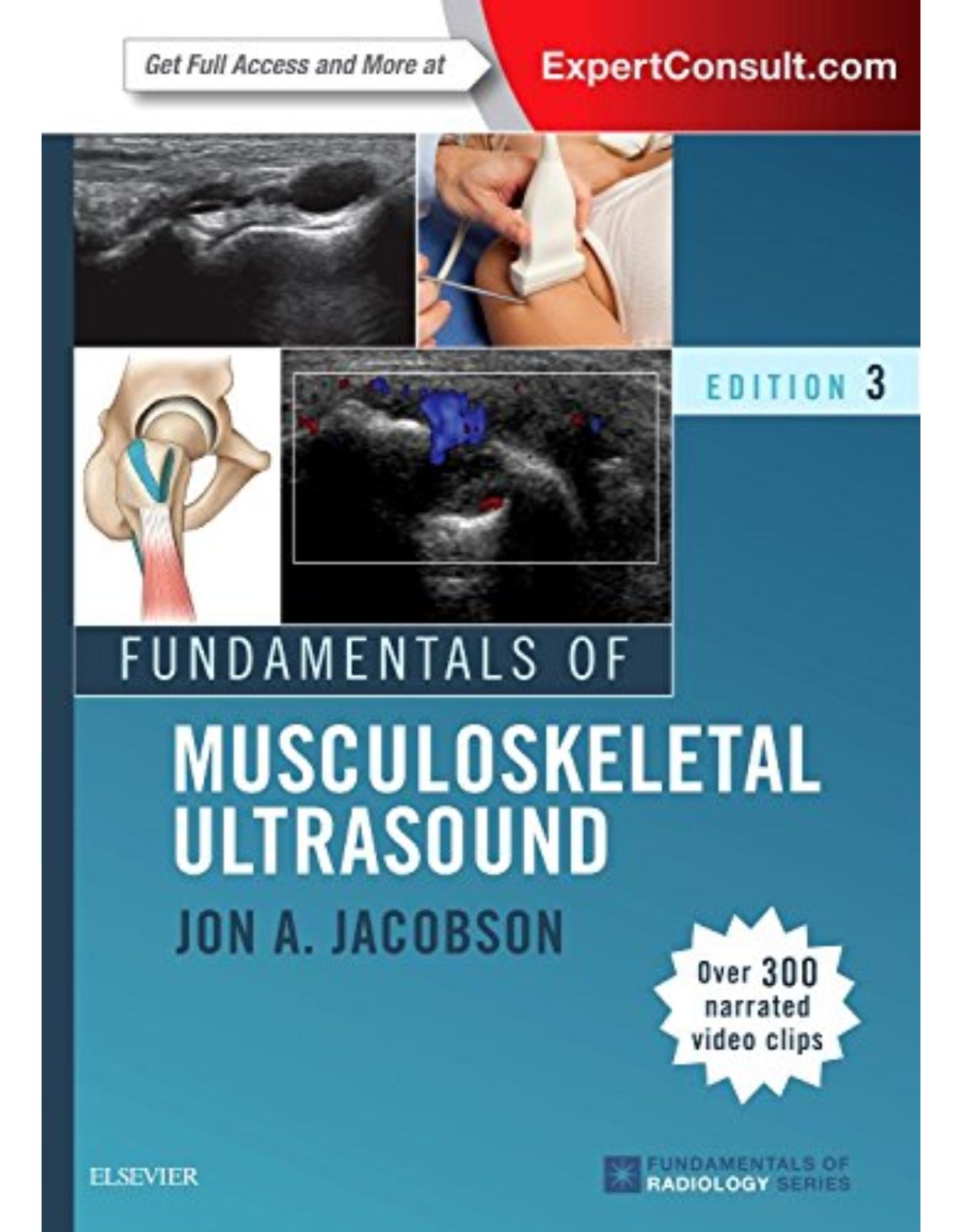
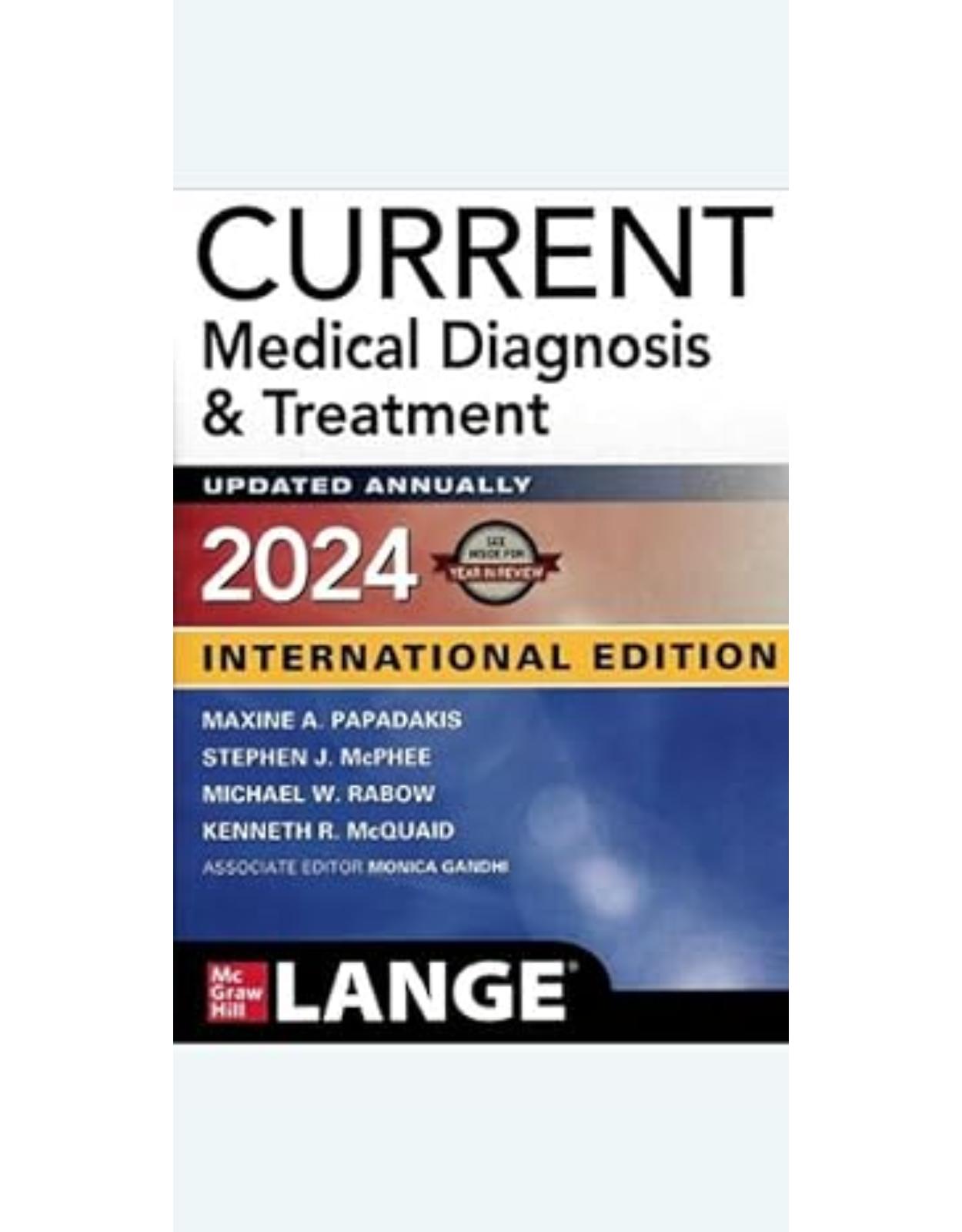
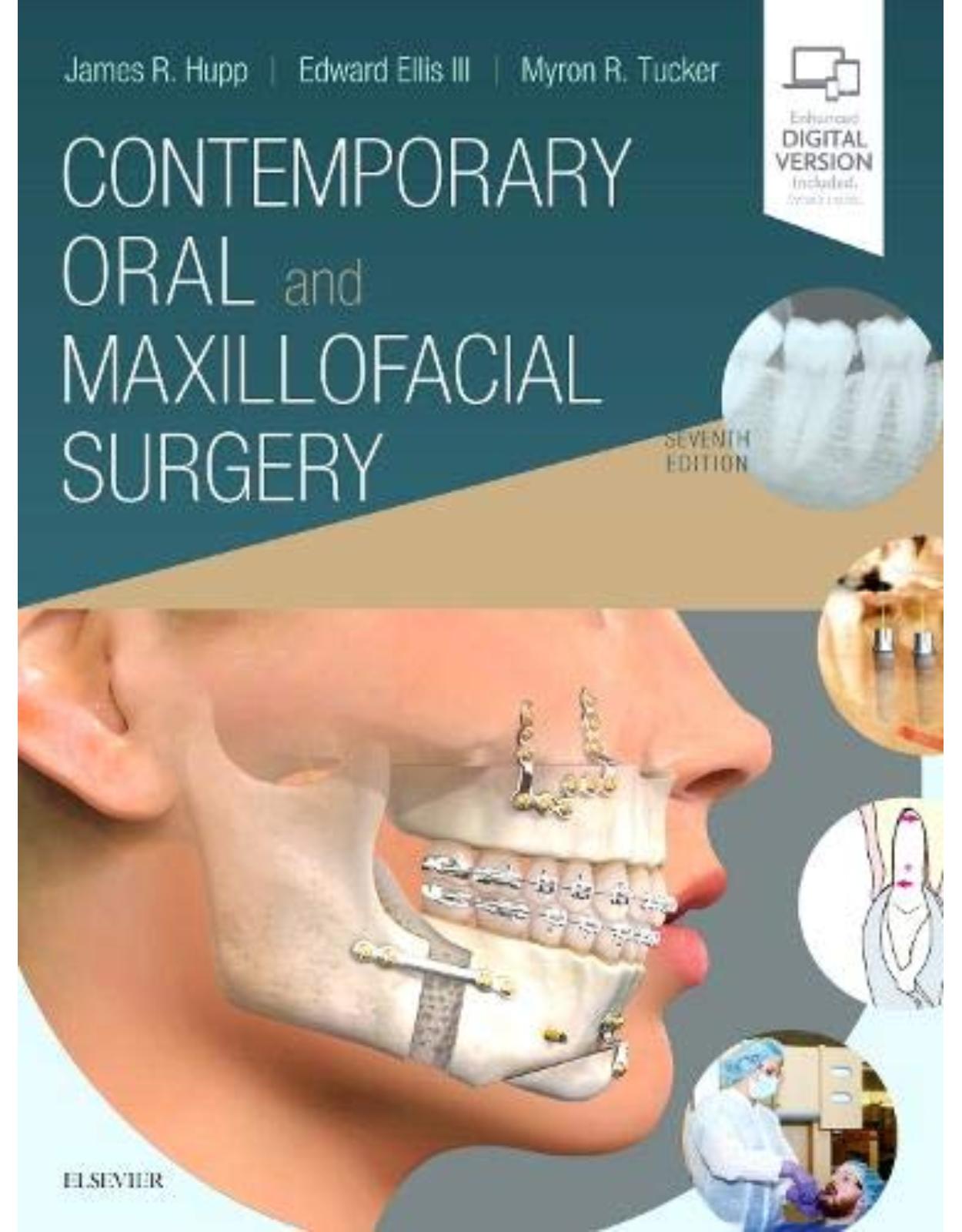
Clientii ebookshop.ro nu au adaugat inca opinii pentru acest produs. Fii primul care adauga o parere, folosind formularul de mai jos.